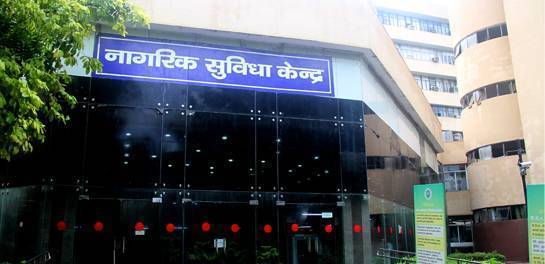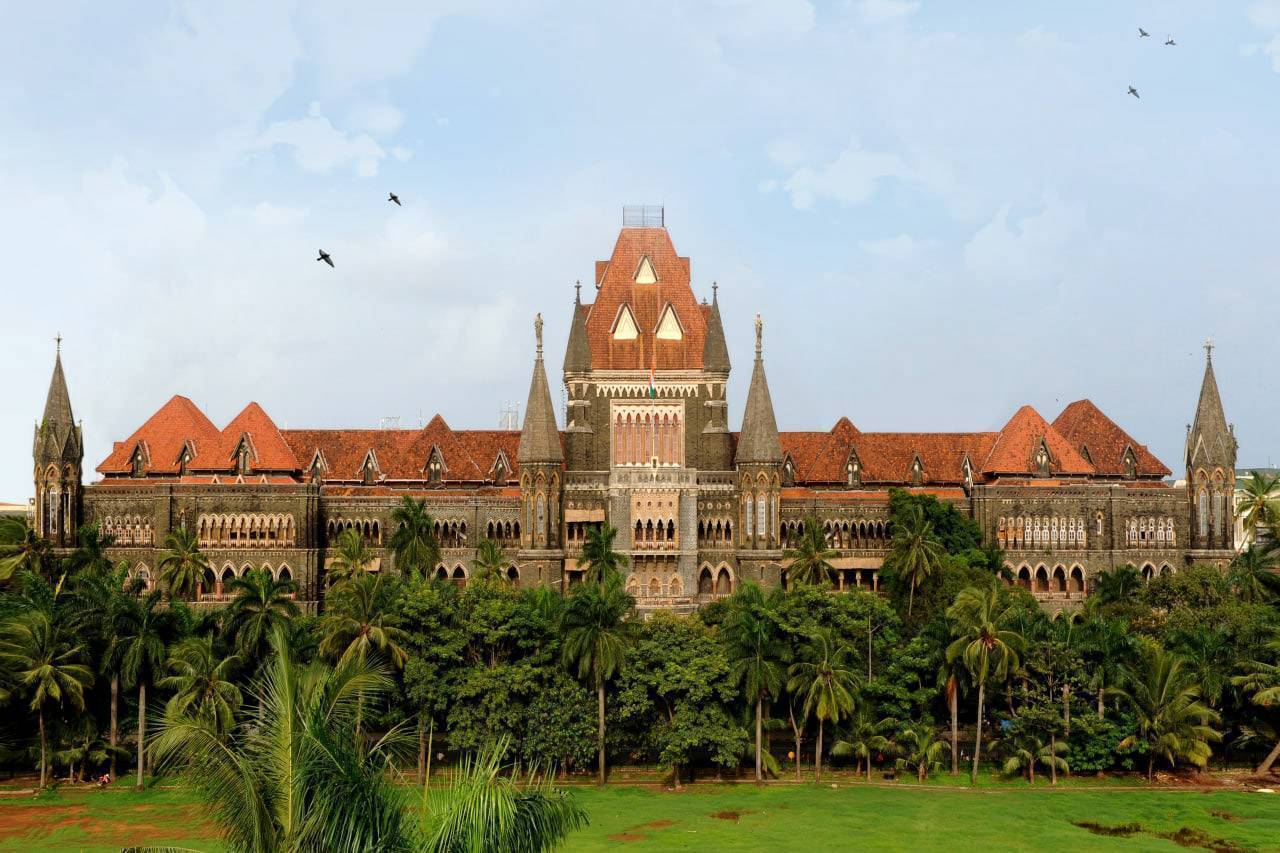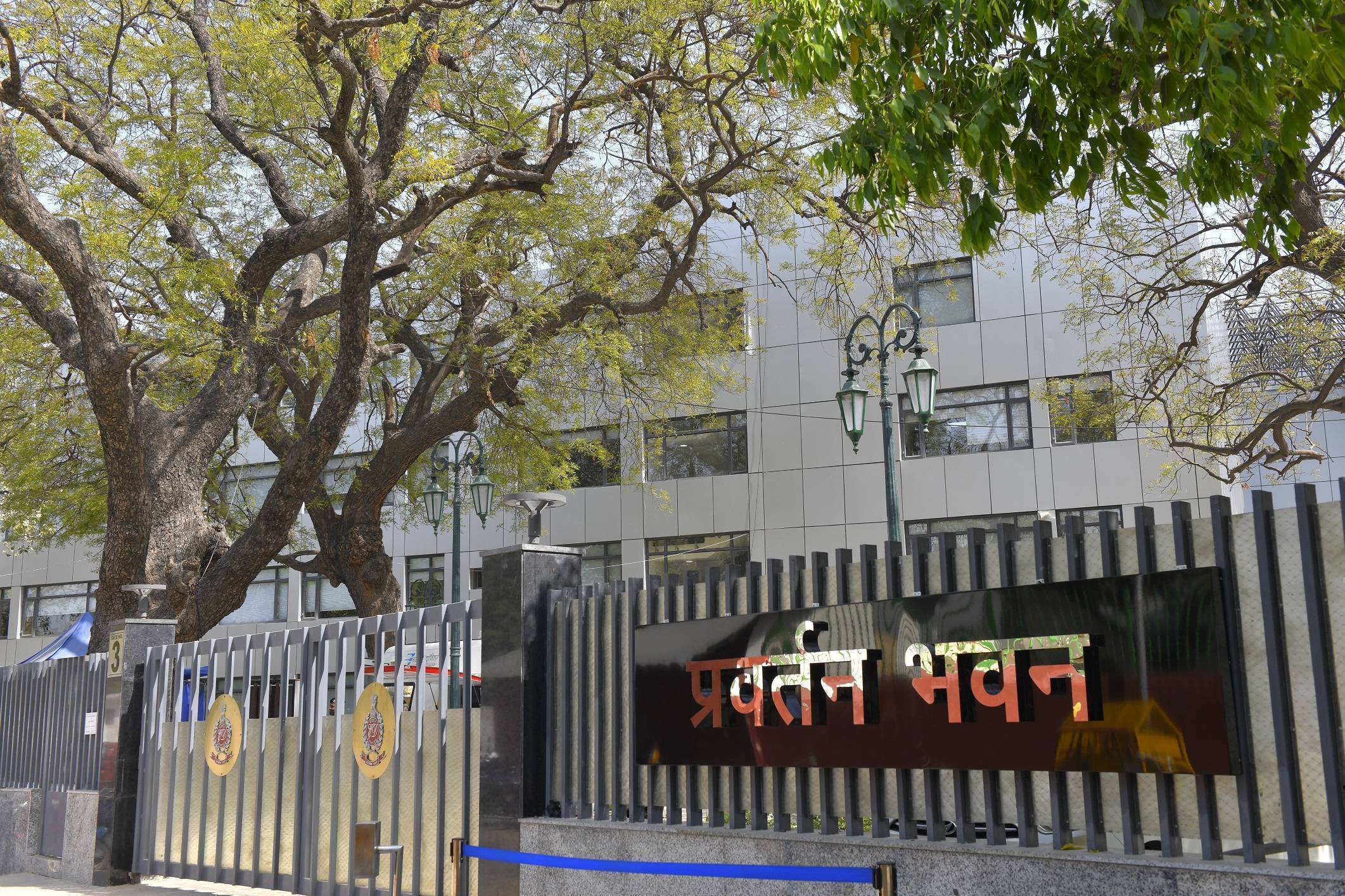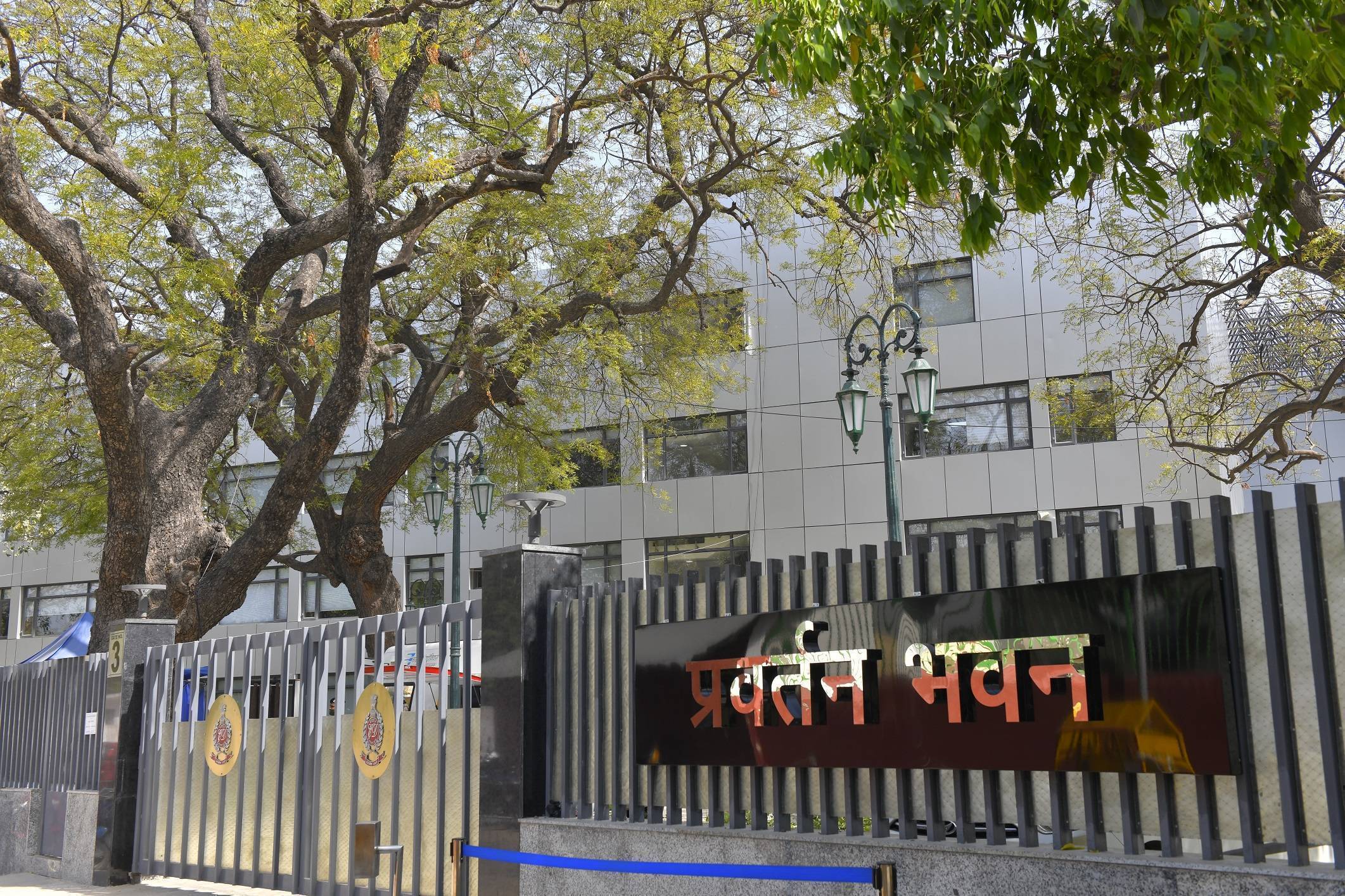The prolonged freeze on land registrations involving free-hold and assigned lands in Andhra Pradesh has entered its second year, leaving lakhs of farmers and landowners in a state of legal and economic uncertainty. The government has suspended the registration of nearly 20 lakh acres of land across the state amid allegations of tampering with land records, particularly those concerning assigned lands—a category of land distributed by the state to the landless poor over several decades.
Despite holding multiple rounds of village-level revenue meetings and initiating verification processes, the state administration has failed to resolve the issue over the past year. The government has cited the complexity of verifying records that may have been manipulated or used to enable unauthorized transfers of land originally meant for the landless.
The freeze, which began in 2024, was expected to be lifted in phases, but the recent extension by another three months has added to the frustrations of those waiting to sell, register, or legally inherit land holdings.
The state government had earlier appointed a Group of Ministers (GoM) to study the legal and administrative challenges and recommend a roadmap. However, sources confirm that even after holding several rounds of consultations, the GoM has not submitted a concrete plan of action. Revenue minister Anagani Satya Prasad acknowledged the delay and said the government is working carefully to strike a balance between curbing irregularities and upholding the rights of genuine landholders. He stated that the administration was hopeful of finding a viable solution by October 2025.
The minister emphasized that the primary objective is to prevent the illegal transfer of assigned lands to influential individuals or entities and to safeguard both government land and the rights of original assignees.
The government’s cautious approach has sparked criticism from opposition leaders and civil society organizations, who accuse the administration of dragging its feet. Communist Party of India (Marxist) state secretary V. Srinivasa Rao said the repeated extensions and lack of decisive action indicate that the government may be attempting to facilitate the eventual handover of assigned lands to private interests. He called for an immediate all-party meeting to frame a transparent and inclusive land policy. Srinivasa Rao highlighted that successive governments have claimed to distribute over 32 lakh acres of surplus land since 1970, out of which around 15 lakh acres were reportedly encroached upon by individuals with political or economic clout.
The controversy surrounding assigned lands is not new in Andhra Pradesh. While these lands were originally allotted for agricultural use by the poor, over time, many were sold—legally or illegally—or converted for commercial and residential purposes. In 2023, reports emerged of large-scale tampering of digital and manual records at the village and mandal levels, prompting the government to initiate a blanket ban on registration of certain categories of land entered in the "prohibitory register" under Section 22-A of the Registration Act. The ban applied not just to disputed parcels but also to lands with no proven record tampering, leading to considerable hardship for genuine landholders.
Farmers across districts such as Krishna, Guntur, Nellore, East and West Godavari have reported difficulties in securing loans, selling land for emergency needs, or transferring ownership to legal heirs. Many who have no involvement in the alleged record manipulation have been left in limbo, unable to utilize their primary asset. Legal experts have also raised concerns about the extended freeze affecting land markets and eroding trust in the registration system.
While the government continues its verification drive and internal audits of land records, there is still no clear timeline for the complete lifting of the freeze. The revenue department is expected to release a partial list of lands cleared of suspicion in the coming weeks, but it remains uncertain how many landowners will benefit. With the freeze entering its second year, pressure is mounting on the state administration to provide a comprehensive, legally sound, and fair resolution mechanism.









.png)